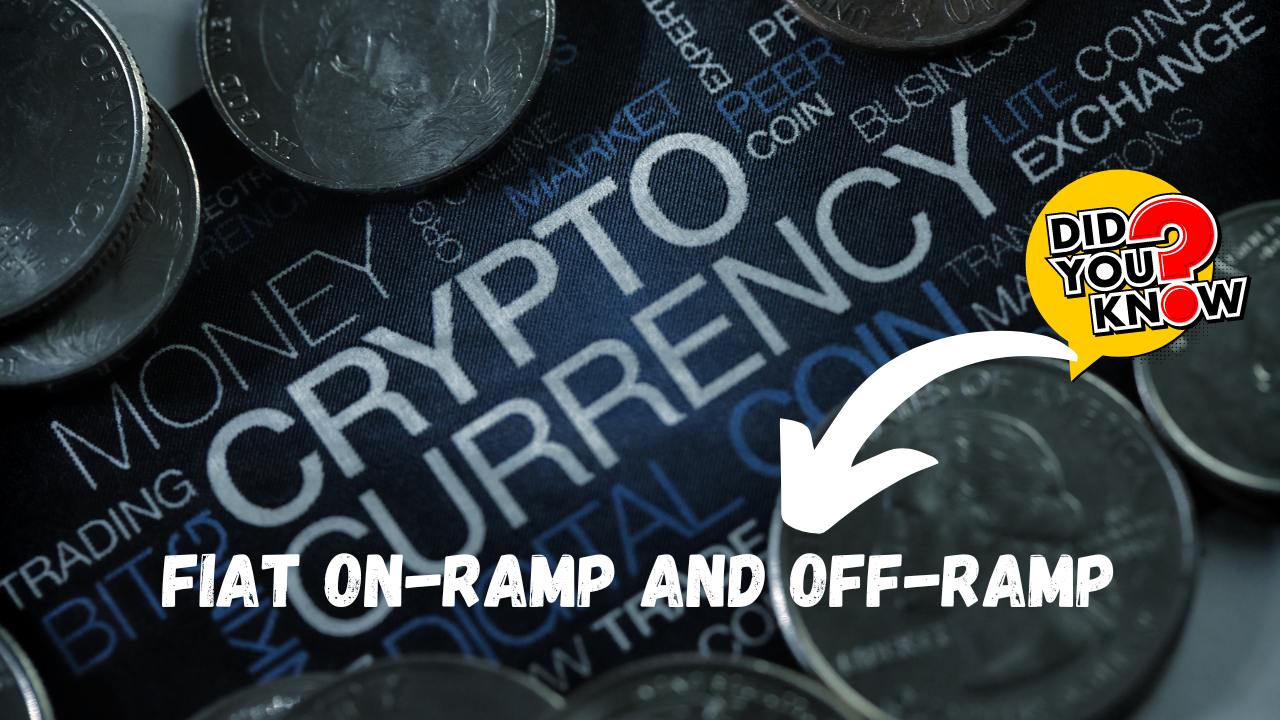Introduction
Unlock the future of finance with our in-depth guide to the Quantum Financial System (QFS). Explore the decentralized, quantum computing-powered framework that promises unparalleled speed, security, and efficiency in financial transactions. Discover the benefits, from real-time settlement to enhanced transparency, as we delve into how the QFS is reshaping the economic landscape. Join us on this journey to understand the Quantum Financial System and its transformative impact on your financial future. In the ever-evolving realm of finance, a revolutionary concept has emerged, promising to reshape the way we perceive and engage with economic systems – the Quantum Financial System (QFS). This article aims to delve into the intricacies of the QFS, unravel its core principles, and explore the myriad ways in which it can benefit individuals and economies alike.
Understanding the Quantum Financial System
The Quantum Financial System is a cutting-edge framework that leverages quantum computing capabilities to manage and streamline financial transactions. Unlike traditional financial systems, which rely on centralized authorities and intermediaries, the QFS operates on a decentralized platform, incorporating advanced technologies such as quantum cryptography and blockchain.
- Decentralization and Security
At the heart of the QFS lies its decentralized nature. Traditional financial systems are vulnerable to single points of failure, making them susceptible to fraud, hacking, and other malicious activities. In contrast, the QFS utilizes a decentralized ledger, powered by quantum-resistant algorithms, to ensure the security and integrity of financial transactions.
- Quantum Computing Advancements
One of the key features of the Quantum Financial System is its utilization of quantum computing. Quantum computers process information at speeds unimaginable with classical computers, enabling faster and more complex calculations. This translates to expedited transaction processing times, reduced costs, and enhanced overall efficiency within the financial ecosystem.
- Blockchain Integration
The integration of blockchain technology further solidifies the QFS’s commitment to transparency and security. Each financial transaction is recorded on a tamper-proof blockchain, providing an immutable and auditable trail. This transparency not only reduces the risk of fraud but also fosters trust among participants in the financial system.
Benefits of the Quantum Financial System
- Speed and Efficiency
One of the most notable advantages of the QFS is its ability to process transactions at unprecedented speeds. Quantum computing’s parallel processing capabilities enable real-time settlement, eliminating the need for lengthy delays associated with traditional financial systems. This enhanced efficiency is poised to benefit businesses and individuals by reducing transaction times and associated costs.
- Security and Fraud Prevention
The decentralized and quantum-resistant nature of the QFS significantly mitigates the risks associated with fraud and cyber attacks. Quantum cryptography, employed in the system, provides secure communication channels, safeguarding sensitive financial information. As a result, users can have confidence in the integrity of their transactions, fostering a more secure financial environment.
- Financial Inclusion
The QFS has the potential to bridge the gap in financial inclusion. With its decentralized and accessible nature, individuals in remote or underserved regions can participate in the global economy. The elimination of intermediaries and the reduction of transaction costs make financial services more affordable and accessible to a broader population.
- Transparency and Trust
Blockchain integration ensures transparency by creating an indelible record of all transactions. This transparency builds trust among participants, whether they are individuals, businesses, or governments. The immutability of blockchain records reduces the likelihood of disputes and enhances overall confidence in the financial system.
Conclusion
The Quantum Financial System represents a groundbreaking shift in the way we conceptualize and engage with finance. Its decentralized structure, quantum computing capabilities, and blockchain integration converge to create a more secure, efficient, and inclusive financial ecosystem. As the world continues to embrace technological advancements, the Quantum Financial System stands as a beacon of progress, heralding a new era in global finance.














